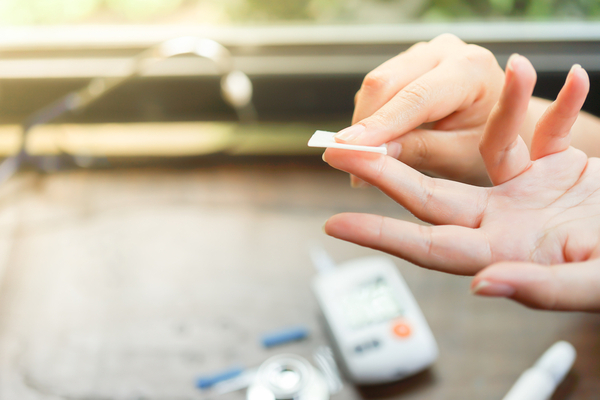Home health test kits have burgeoned over the past year and look set to continue to grow in 2020. Here are the ones worth doing, as well as those you can swerve!
From gonhorrea to gut health – there’s a home health test for almost everything. With the average wait for a routine GP appointment now more than two weeks, it’s tempting to pop in to a pharmacy or click to buy a test instead. And, depending on what you’re testing for, it can be a relief to carry out a test in the privacy and comfort of your own home.
‘Self-testing allows users to seek help from their doctor earlier than they might have done, either for reasons of embarrassment or because they are unable to get a timely appointment with their GP,’ says Dr John Rees, who has more than 30 years’ experience developing medical tests for laboratory and self-test use. ‘An early diagnosis followed by early treatment can help with a positive outcome.’
But many medics are wary of the can of worms some home test results may open.
‘Doctors often see these tests causing unnecessary stress and worry for patients, and not the simple answer or reassurance they may have been hoping for,’ warns Dr Richard Vautrey at the British Medical Association. ‘Often people are confused by the results, or the kits don’t give the “diagnosis” a patient was hoping for or expecting. Ironically, a patient may still end up going to see their GP to discuss the test results – something that some private testing kit suppliers actively advise.’
But despite this, home-test health kits can be a useful tool. The NHS is even trialling some kits in certain areas, but urges people to check its website for advice beforehand.
Interested in a DIY diagnosis? Read on to discover which tests might work for you.
Menopause
The test: SELFCheck Menopause Test
Cost: £14.49 for two
How it works: As menopause approaches, ovarian function declines, causing the body to release more follicle stimulating hormone (FSH). Most menopause tests work by measuring these levels in your urine.
Like a pregnancy test, hold the absorbent tip in your urine stream, replace the cap, and wait.
Results: After 10 minutes.
Accuracy: As accurate as a hospital test.
Should you try it? Maybe. ‘The problem is that in perimenopausal women, FSH levels fluctuate wildly,’ says Kate Panter, gynaecologist and spokesman for the British Menopause Society. ‘This gives you a snapshot but is not predictive of exactly when you will reach the menopause. FSH levels can vary from month to month and peak mid-cycle. If you decide to do a test, take two, at least 6-8 weeks apart between days two and four of your period.’
If your periods have stopped or are very unpredictable, that’s going to be difficult, so this isn’t for everyone. ‘This could be useful for some women, particularly younger women who may be going through early menopause or for women using the Mirena coil, which stops you from bleeding,’ explains Kate. ‘But I don’t recommend it if you are having menopausal symptoms, if you are on the pill or are taking progesterone.’
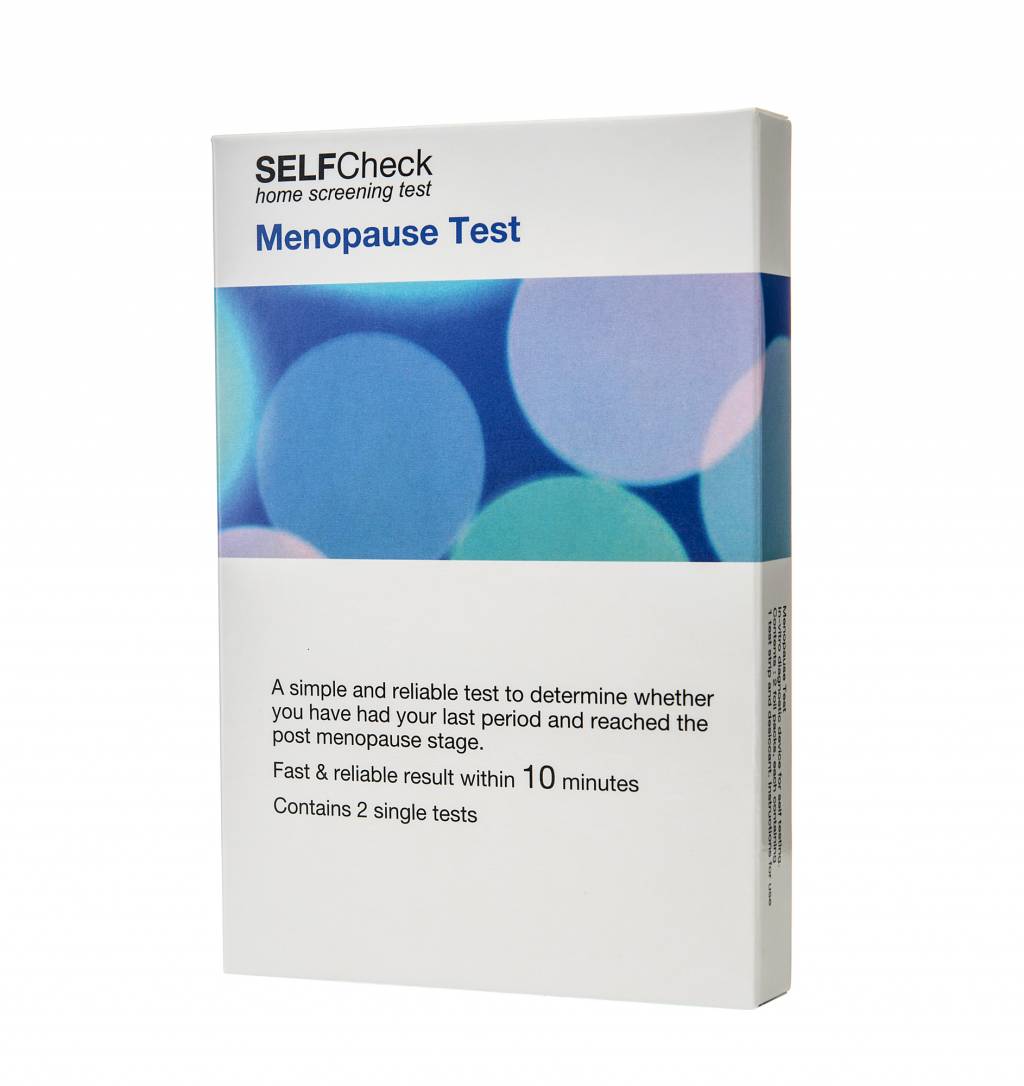
Gut Health
The test: Listen to Your Gut – Atlas Biomed Microbiome Test
Cost: £149
How it works: By analysing bacteria in your faeces, this test tells you how well your gut microbiome is functioning. To take the test, scoop a small amount of poo into the test tube. Pack it back in the box and post it off to the lab.
Results: Up to two months. An abnormal microbiome may show less diversity of bacteria, or may show overgrowth of certain bacteria.
Accuracy: No statistics, but Atlas claims the sequencing used in this test is more sensitive than the method used in labs as it can detect bacteria that can’t be cultivated in Petri dishes.
Should I try it? Maybe. ‘These tests are very useful for determining your gut bacteria diversity, which is a general marker of your gut health and this is pretty accurate,’ says Tim Spector, a leading expert in gut microbiome and professor of genetic epidemiology at King’s College, London. ‘The main problem is that everyone has a unique microbiome and it is hard to generalise the findings of the results, and so giving specific dietary recommendation based on the tests only is currently not scientific.’
If you do take the test, Tim advises focussing more on your diversity score. ‘This will tell you more about your health than any genetic testing,’ he says. ‘It’s best not to worry about the individual microbe species themselves as we still understand very little about whether each species is good or bad in all people, as they work in complex groups.’

Vaginal Infections
The test: Canestest Self-Test for Vaginal Infections
Cost: £10.55
How it works: A simple swab test to determine your vaginal pH level. Insert the tip of the swab into your vagina (a bit like a tampon), rotate and remove.
Results: It’s pretty instant. Just wait 10 seconds before checking whether the colour has changed. A higher pH indicates bacterial vaginosis, while a normal pH means your symptoms are probably caused by thrush.
Accuracy: 90 per cent.
Should you try it? Yes. It can be difficult to self-diagnose from symptoms alone. One study found that only a third of women who had bought an over-the counter yeast medicine actually had candidia (thrush). Symptoms of discharge and itchiness are often confused with bacterial vaginosis, which needs to be treated with antibiotics. But being pregnant or menopausal can affect your vaginal PH, so don’t do the test in those cases.
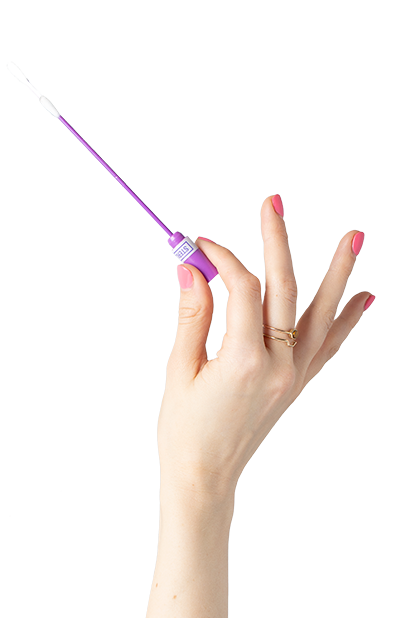
Urinary Tract Infections
The test: The Healthy.io Dip UTI test kit
Cost: £10, plus £15 for prescription-only medicine if the pharmacist decides you need it. Available at Boots and Day Lewis pharmacies.
How it works: Pee in a ‘no-mess’ pop-up cup to collect a urine sample, then dip the stick and match to a colour-board via a smartphone app. Each strip measures nitrites and white blood cells, produced by the body when a bacterial infection is present.
Results: Although you can see your results in a matter of seconds, you’ll need to pop back to the pharmacy to get them professionally assessed alongside your symptoms. If results show a bacterial infection, the pharmacist can supply a three-day course of prescription-only medicine, without the need to see a GP.
Accuracy: More than 99 per cent.
Should you try it? Yes. The NHS is trialling this test in some areas and it is the same as what you would get if you were seen in a surgery. ‘Cystitis is best nipped in the bud and this test is good for uncomplicated patients of reproductive age,’ agrees Kate.
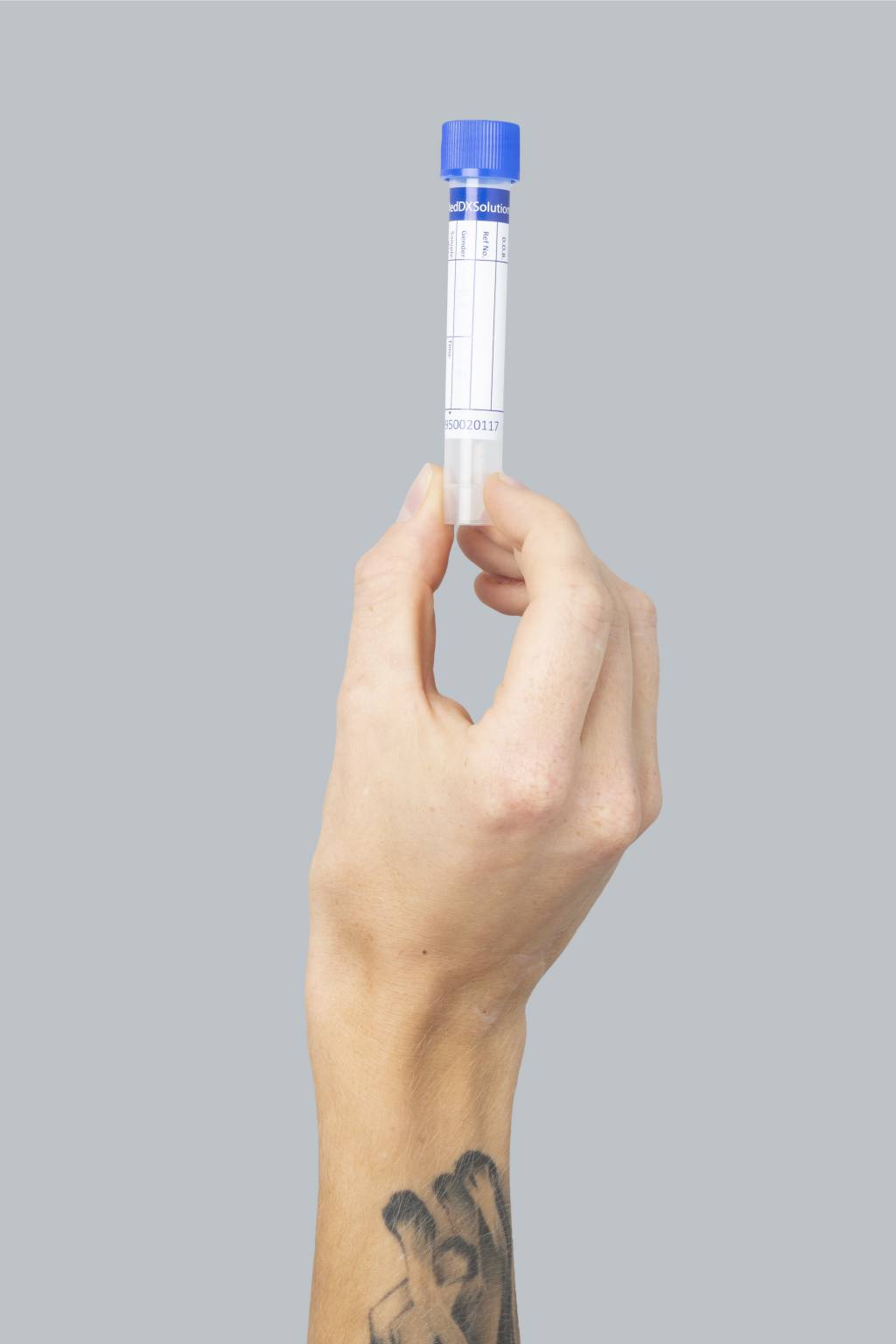
Stress
The test: Cortisol ‘Stress’ Test
Cost: £79
How it works: Take a saliva sample four times during the course of one day to get a picture of your cortisol levels. Levels of this stress hormone rise in response to stress or danger, then fall. But if they stay elevated, your stress response system is always fired-up and it could affect your health.
Results: Within 48 hours. If any results come back unusual, the company will offer diet and lifestyle advice and suggest a visit to the GP.
Accuracy: ‘The tests are accurate,’ says a Thrivia representative, ‘and we use the same labs that NHS hospitals use to analyse their samples.’
Should you try it? Maybe, but beware its limitations. It’s not just stress that affects your cortisol levels: eating, smoking, light and daily demands all have an impact. ‘What makes cortisol important for healthy functioning is its 24-hour (circadian) pattern, responsible for regulating multiple physiological systems,’ warns Dr Nina Smyth, of the Psychophysiology and Stress Research Group at the University of Westminster. So there’s no such thing as a “normal” cortisol level; what’s important is seeing a healthy cortisol pattern over an entire day.
STIs
The test: SH:24
Cost: SH:24 provides free test kits delivered in partnership with the NHS. If it’s not available in your area, try sister company Fettle, from £23.
How it works: These kits test for the most common sexually transmitted infections, such as chlamydia and gonorrhoea. Either take a vaginal swab or a urine sample and post it off to the lab.
Results: Within 72 hours of your sample reaching the lab, you’ll receive a text message with your results and advice on treatment.
Accuracy: No STI test is 100 per cent accurate. It can take time for some STIs to show up in tests, so read the information about when to take the test.
Should you try it? Yes. Although you can get free tests for any STI from your GP or sexual health clinic, these kits offer the same confidential service if you prefer to do it at home. Some STIs, such as chlamydia, show no symptoms, so if you are sexually active it’s worth getting tested. If you think you’ve put yourself at risk of HIV though, get your blood tested at a sexual health clinic or GP.
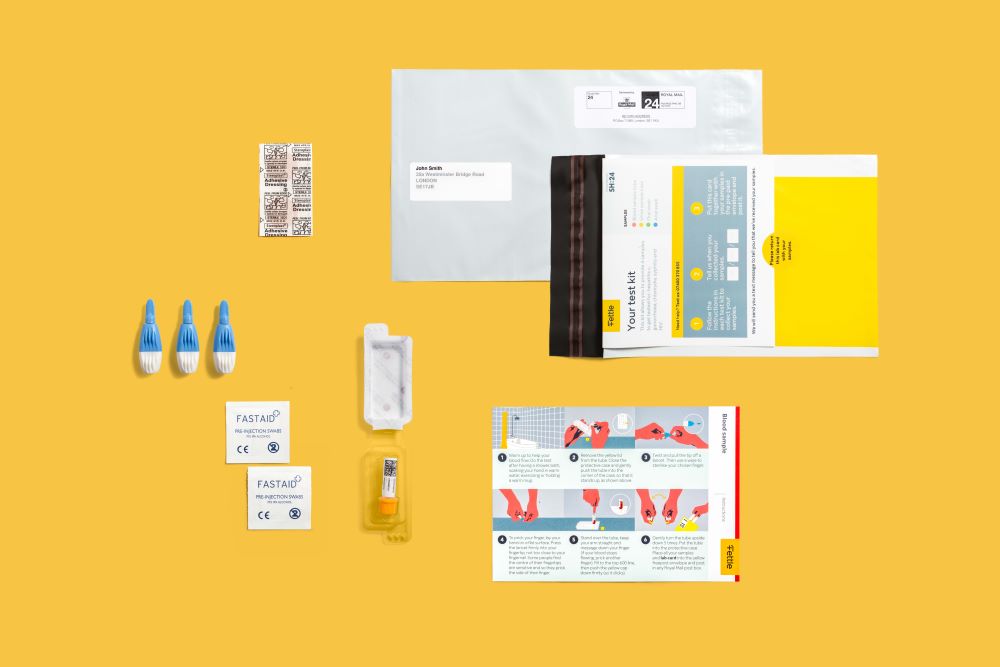
Cholesterol
The test: Letsgetchecked Home Cholesterol Test
Cost: £49, letsgetchecked.com
How it works: Insert a test strip into the handheld device, prick your finger, collect a drop of blood, then apply it to the strip. The starter kit includes separate test strips to check your total cholesterol, HDL, and triglycerides.
Results: In two minutes.
Accuracy: More than 85 per cent.
Should you try it? Maybe. Everyone should get their cholesterol level checked from their mid-20s, according to the authors of a new study published in The Lancet. But remember, a cholesterol check is free with your GP and you may need to follow up with your GP after a DIY test anyway.
Easy DIY tests you can do without a kit
These simple do-it-yourself checks are no substitute for medical advice but can give you a heads-up…
For bowel health:
Eat a tablespoon of sweetcorn and see how long it takes for the first kernels to appear in your poo. Between 12 and 48 hours is ideal. Faster could lead to you absorbing fewer nutrients, while longer could indicate constipation or more serious problems. Drinking more water and eating more fibre could help.
For hearing:
Test each ear with the Action On Hearing Loss five-minute hearing test. Call 0844 800 3838 and key in what you hear to give you an idea of whether your hearing is impaired in any way.
For longevity:
Sit down on the floor with your legs crossed, then get back up using as little support as possible – aiming for your hands not to touch the floor. Your ability to do the test easily may predict how long you’re going to live, according to a study in the European Journal of Preventive Cardiology. For a full explanation, click here to watch the video on Youtube.
The Future of Smear Testing?
In the future you could be doing your own smear test at home! Trials of home urine or swab tests look promising for helping women discover whether they are at risk of cervical cancer.

